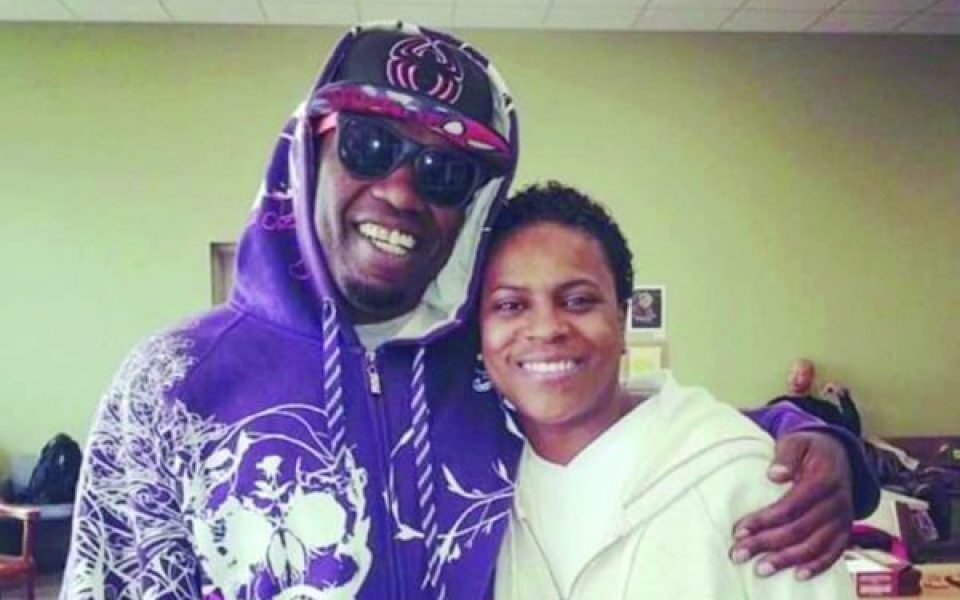The way I remember it, Triad City Beat Senior Editor Jordan Green had already been alerted to the death of Marcus Smith back in September 2018 before the Greensboro Police Department press release hit our inboxes.
He put something together by Tuesday, Sept. 11, three days after Smith died, still hogtied, at the feet of police officers and EMS personnel as red and blue lights splashed against the dark of night.
We didn’t know these details yet; those would trickle out in small bits and pieces. We didn’t learn about the hogtie — known in police parlance as a RIPP-hobble restraint — until November, fully two months later, when surviving family members told us about it. It was not mentioned in the police presser, nor was the fact that Smith had been begging police for help when he was apprehended. We also learned that month that none of the other law-enforcement agencies in Guilford and Forsyth allowed their officers to restrain citizens in this way.
Smith’s time in police custody can be measured in minutes, but it took years for this story to unfold, from the DA’s office ruling of no criminal liability on the part of police, to the release of police body-camera footage and the ruling of death by homicide by the state medical examiner (November 2018), the activists’ response (January 2019) and the family’s lawsuit against the city (April 2019).
Smith’s story was frequently referenced during the local Racial Reckoning protests in 2020, and the lawsuit was settled in February 2022: $2.57 million to his survivors, which included his parents and children.
What have we learned from Smith’s untimely and unjust demise?
I’ll be exploring this subject with local journalists Ian McDowell — whose book, I Ain’t Resisting, chronicles the case of Smith and others killed by Greensboro police — and Michael Hewlett, who has covered police and courts for more than a decade in the Triad, at Scuppernong Books in a couple weeks.
Some things have indeed changed.
Greensboro police do not hogtie people anymore, which is wonderful. But they’ve shot and killed no fewer than three people this year already, and we still must fight misinformation and disinformation to find out the details.
Join the First Amendment Society, a membership that goes directly to funding TCB‘s newsroom.
We believe that reporting can save the world.
The TCB First Amendment Society recognizes the vital role of a free, unfettered press with a bundling of local experiences designed to build community, and unique engagements with our newsroom that will help you understand, and shape, local journalism’s critical role in uplifting the people in our cities.
All revenue goes directly into the newsroom as reporters’ salaries and freelance commissions.


Leave a Reply